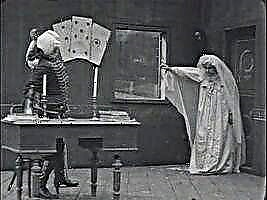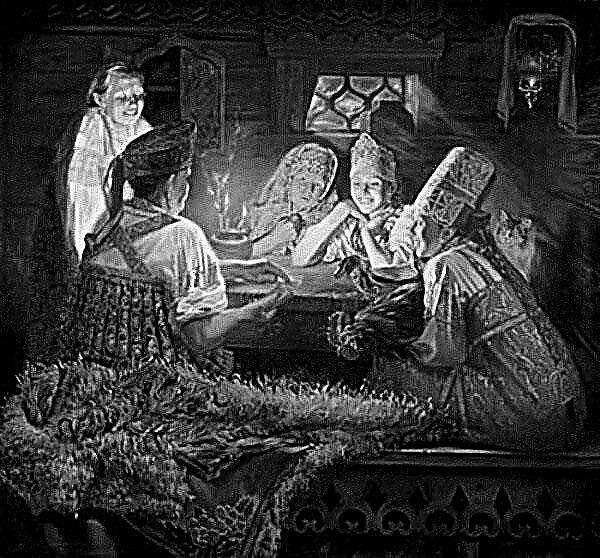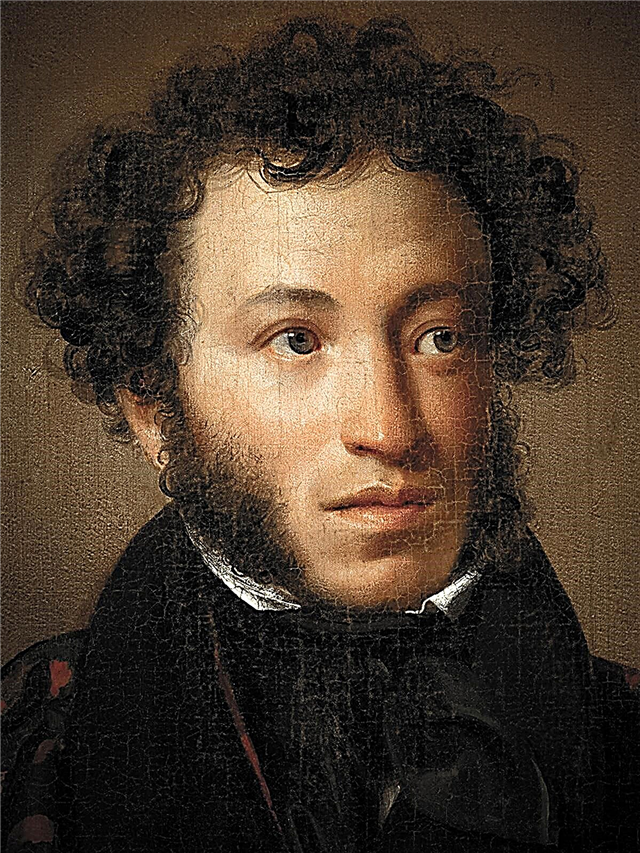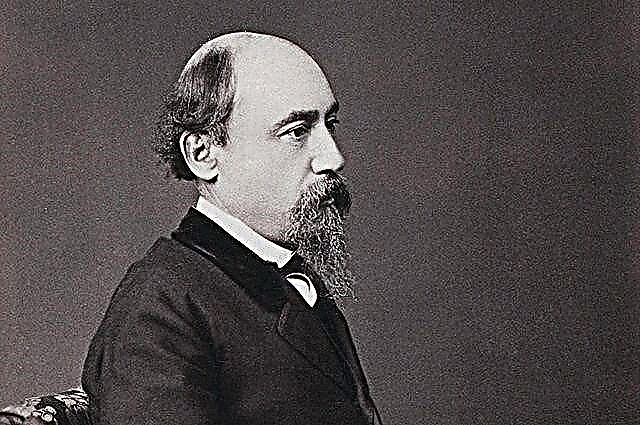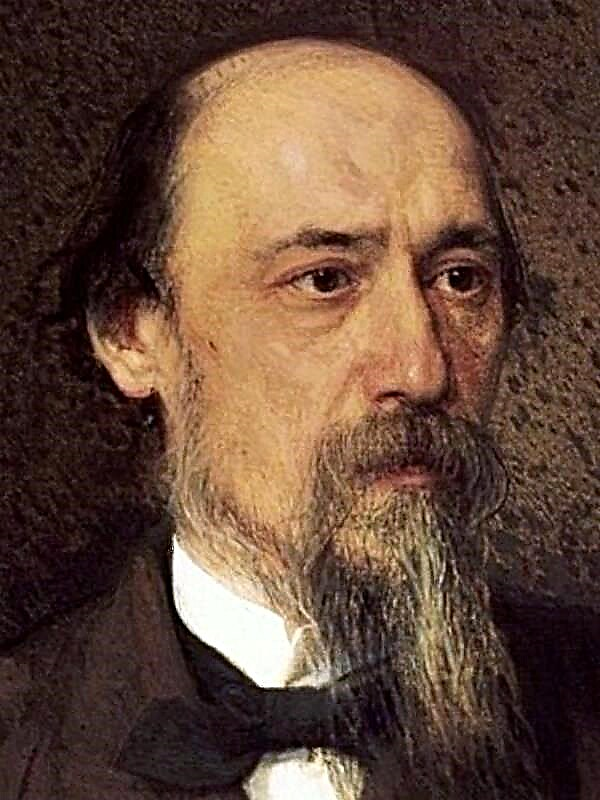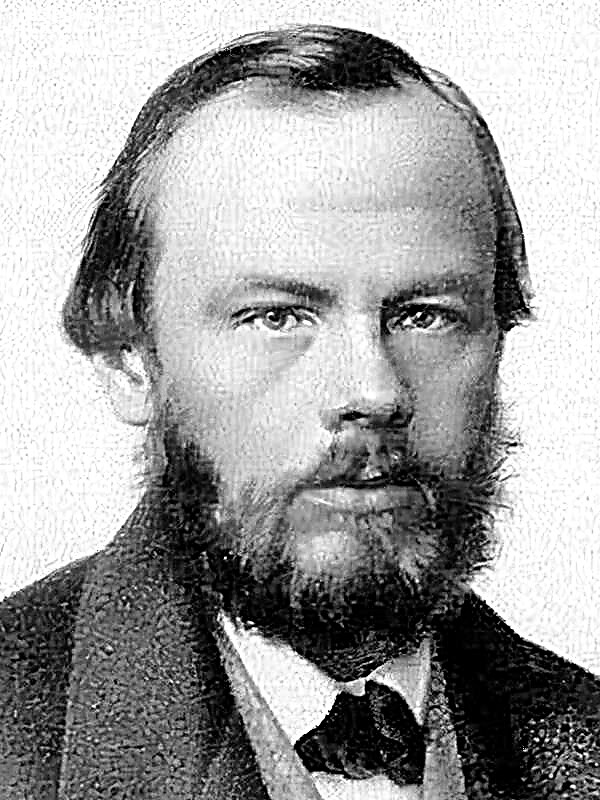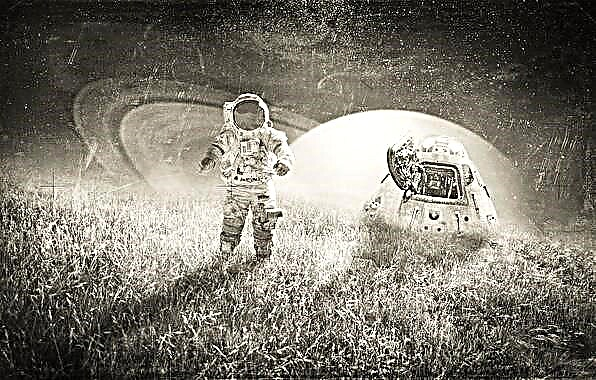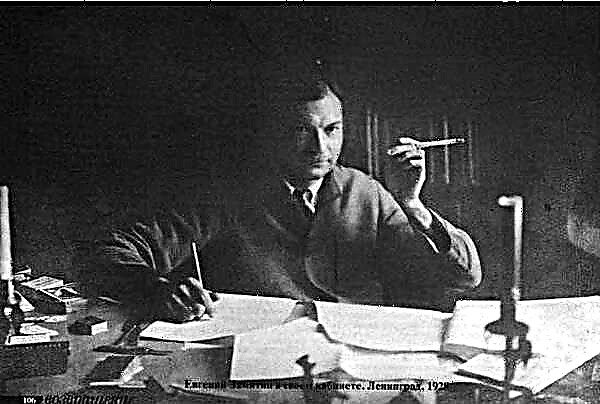Share
Pin
Tweet
Send
Share
Send
We analyzed many texts to prepare for the exam and highlighted the problems that are most common. For each of them, we selected the corresponding arguments from the literature. All of them are available for download in table format (link at the end of the article).
The effect of hypocrisy on personality
- The problem of hypocrisy is one of the main in the story. A.P. Chekhov "Chameleon". Even by name, it’s clear that we are talking about a person who can adapt to any situation, relegating his own beliefs to the background. Once, Ochumelov, the main character of the story and the police overseer, had to deal with the case when Mr. Khryukin was bitten by a dog’s finger. As soon as Ochumelov learned that the dog belongs to General Zhigalov, the hero was not in such a hurry to blame his pet. Fearing for his career, Ochumelov began to accuse Khryukin of lying, allegedly he himself poked his finger out, and even invented a dog. Before the general, the hero in every way served and flattered him. Thus, hypocrisy is the enemy of truth and justice, which is all the more dangerous the less people condemn it.
- The problem of hypocrisy can be traced in several Mayakovsky's poemsincluding Hanje. In this work appears the image of a hypocrite or a sneak named citizen Vasyutkin. The poet uses the grotesque, saying that the hero’s tongue has grown “about thirty meters”. So he emphasizes how many lies this helpful and pleasant citizen utters. Vasyutkin imagines himself to be a Christian, but this belief is false. He shows nothing but indifference to those people who have entrusted him with their problems, take bribes, steals and lies. This characterizes Vasyutkin as a two-faced character. In addition, if he looks down on ordinary people, then the highest in rank, he constantly tries to please, changing roles to please them. Thus, a hypocritical position depersonalizes a person and makes him more vicious, because helpfully covers up his shortcomings.
- In the novel by F. M. Dostoevsky “Crime and Punishment” the main hypocrite and scoundrel is Luzhin. First, he makes an offer to Dunya, not because of love for her, but so that she would be grateful and obliged to him all her life. Luzhin then substitutes Sonya, tossing her money and accusing her of stealing. A naive girl thought that the hero did it from a pure heart, but then she realized what a hypocrite he was. Moreover, all surrounding people understood this. Deprived of their loyalty and respect, Luzhin received a chance from fate to understand what made such a “priceless” quality to him? Who has he turned into and where is he going? However, it is unlikely that the “rational egoist” will use it, because of constant pretense, his personality has lost the ability to critically evaluate himself.
The Consequences of Hypocrisy
- The effects of hypocrisy are well seen in the novel Jack London "Martin Eden". The author tells the story of a young man who decided to engage in writing, literally did not sleep at night and worked hard to achieve the location of his beloved Ruth. The girl was higher in status, and her relatives did not approve of the union with Eden. When Ruth decided to part with the hero, his affairs suddenly went uphill. The desired calling now began to seem disgusting to Eden, because he saw the hypocrisy of those around him. He understood that print media and friends began to show interest in him only because of success. As a result, Eden decides to sail away on a ship and live the last days on a separate island. False and false people disappointed him. For them, the consequence of their hypocritical behavior was the disappearance of a useful member of society who could make them better. So mankind has repeatedly repelled the prophets, who found peace only in the deserts, away from vulgarity and flattery of an unreasonable crowd.
- An excellent example of hypocrisy and its negative consequences is the Famus comedy society A. S. Griboedov “Woe from Wit”. The main character arrives at Famusov’s house and begins to share his progressive ideas. Chatsky did not immediately understand what society he was in. It was a false high society, saturated with falsehood, where marriages were made for money, not sparked love, where they made friendship with the highest in rank only for its location. After several conflicts and insults, the hero realized that he could no longer endure such an environment. He felt that with such people there was no point in sharing his opinion, because sincerity would not be expected from them. In the finale, Chatsky pronounces his famous phrase "The carriage to me, the carriage!" and leaves Famusov’s house forever. The consequence of lies and pretense is not only the loss of a progressive and useful citizen in the person of Alexander, but also the catastrophe that erupted that evening: Sofia saw the betrayal of Molchalin, and the guests learned about their romance. However, even in this trouble, the owner of the house was worried only by the opinion of Princess Marya Aleksevna. What happened did not teach them anything.
- Lyrical hero poems by M. Yu. Lermontov "Poet" Feels unnecessary and lonely because of the hypocrisy of others. The poet, like a precious dagger, must be loved. But society is not able to appreciate such unique things. The hero’s environment “hides wrinkles under the blush”, they are “amused with sparkles and deceit”, they are bored with the “proud” language of the poet. Such a description indicates that the hypocritical crowd needs simple flattery, fun balls are needed, and not art at all. Therefore, the lyrical hero feels that they are laughing at him, despising him.
Share
Pin
Tweet
Send
Share
Send

